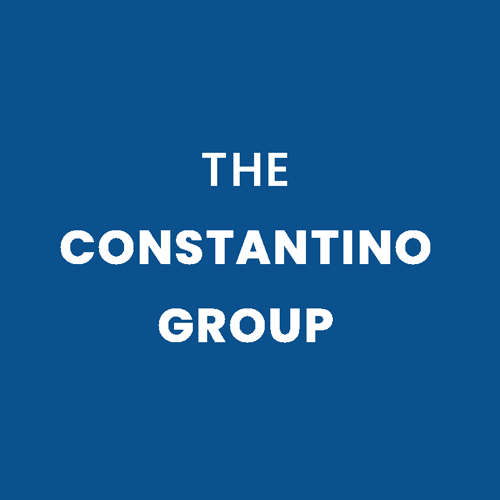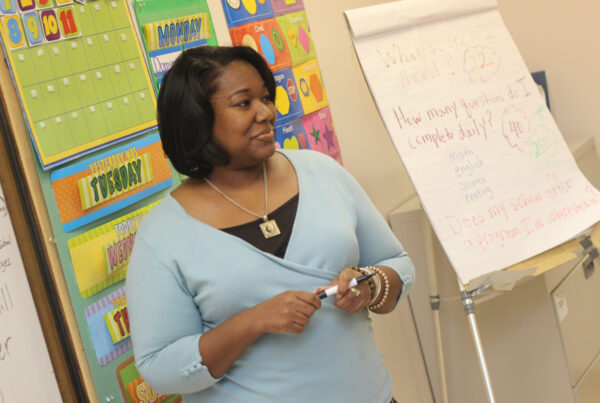This past week I had the distinct privilege of speaking and working at the National Family Engagement Summit in Richmond, Virginia. I have had the pleasure of being involved with this conference for several years and watched it grow from a small regional conference into one that draws educators from over 22 states. I suspect that this conference will continue to grow each and every year. You can learn more about the conference here. I want to publicly thank CEO Darla Edwards for inviting me to participate in this important conference.
One of my dearest friends and family engagement compatriots is Dr. Karen Mapp. I was thrilled to learn that Dr. Mapp would also be speaking at the same conference, delivering one of her powerful keynotes on the Dual Capacity Framework she developed for the US Department of Education. The Dual Capacity Framework is one of the most prolific advances in family engagement in recent years. It is so because it provides a direction for schools and districts to engage families and lays out the goals and conditions necessary to chart a path toward effective family engagement efforts that are linked to student achievement and school improvement. It was formulated using the research on effective family engagement and home–school partnership strategies and practices, adult learning and motivation, and leadership development.
Every once in a while, I find myself presenting at the same conference as Dr. Mapp. When this happens, I know my job will be much easier! I never miss an opportunity to listen to her talks, so I snuck into the keynote. No matter how many times I listen, I always learn something and this speech was no exception. Even though I have heard her discuss the framework before, I heard something that struck a chord with me. She referred to the Framework as a “compass.” She made the distinct point that this compass was not a “roadmap.” I thought this was an interesting distinction and provided me with quite the “a ha” moment.
As I went back and reviewed the report, this section struck me:
“Without attention to training and capacity building, well-intentioned partnership efforts fall flat. Rather than promoting equal partnerships between parents and schools at a systemic level, these initiatives default to one-way communication and “random acts of engagement” such as poorly attended parent nights.”
Isn’t that exactly what happens more often than not? You can download the full Dual Capacity Framework Report here
Getting from the Compass to the Roadmap
As you read through the framework, you get a sense of the ideas presented and how they truly are a compass for any organization to leverage family engagement to advance student learning. The following excerpt I think says it best:
“Research on promising practice in family engagement, as well as on adult learning and development, identifies a set of process conditions that are important to the success of capacity-building interventions. The term process here refers to the series of actions, operations, and procedures that are part of any activity or initiative.”
And that is when it hit me! The “Five Simple Principles to Engage Every Family” contains the necessary process for any school or organization to improve the ability to engage families, especially those that are traditionally disengaged and disenfranchised, so that student learning outcomes can be impacted in a positive nature.
In effect, the Five Simple Principles are the roadmap that compliments the compass that the Dual Capacity Framework supplies.
I decided to put this idea to the test. When reviewing the Dual Capacity Framework, there are both opportunity and organizational conditions that are necessary to leverage family engagement that has outcomes that directly impact student learning. The process conditions are:
- Linked to learning
- Relational
- Development vs. service orientation, collaborative
- Interactive
The organizational conditions that must be in place are:
- Systemic: across the organization
- Integrated: embedded in all programs
- Sustained: with resources and infrastructure
The Five Simple Principles supply all of the process and organizational conditions required by the Dual Capacity Framework.
How the Five Simple Principles Provide the Roadmap
The logic model that contains the five simple principles has at its core the understanding that family engagement activities will promote the efficacy of families to be engaged in the learning lives of their children and as a result is linked to learning as the framework suggests. As one moves through the logic model it becomes clear that any effort to sustain family efficacy is built on the need to nurture trusting relationships with all families, especially those that are disengaged.
The Principles are focused on building the “intellectual, social, and human capital of stakeholders engaged in the program.” Promoting family efficacy and leveraging that efficacy are essential ingredients in the Principles. To promote positive family efficacy, the Principles describe and teach how to both school personnel and families can “test out and apply new skills.” The principles are designed to bring about systemic change and thus meet the criteria for the Dual Capacity Framework with regard to the organizational conditions that must be met by schools and districts.
I applaud the work of my friend, Dr. Karen Mapp. This framework clearly provides the compass to every school and district that believes that family engagement is a direct conduit to improved student attitudes and achievement.
The Five Simple Principles Logic Model and clarifying statements provide the roadmap for any school or district that wishes to cultivate the most influential teachers of children: their families. You can find more information on the Five Simple Principles model here



